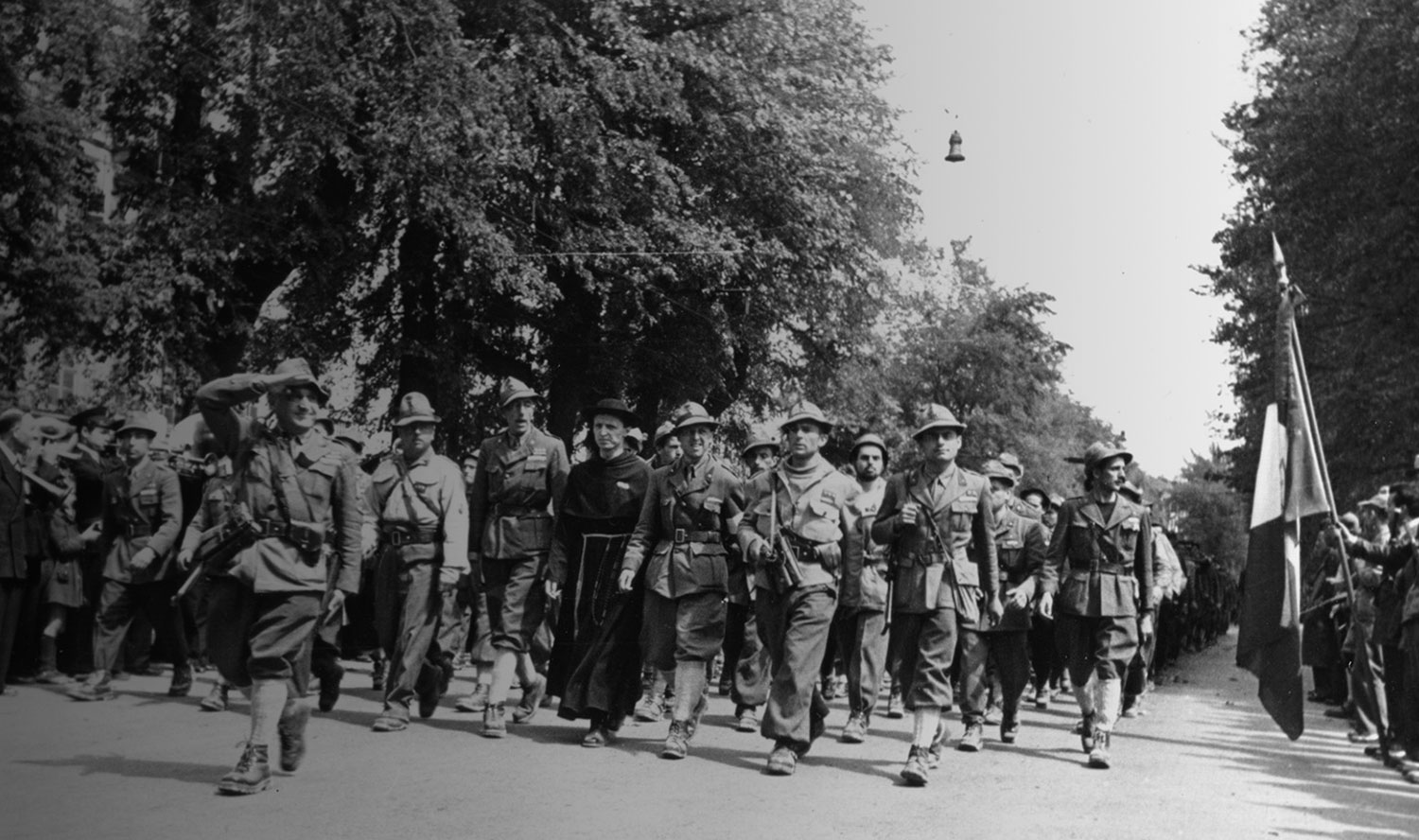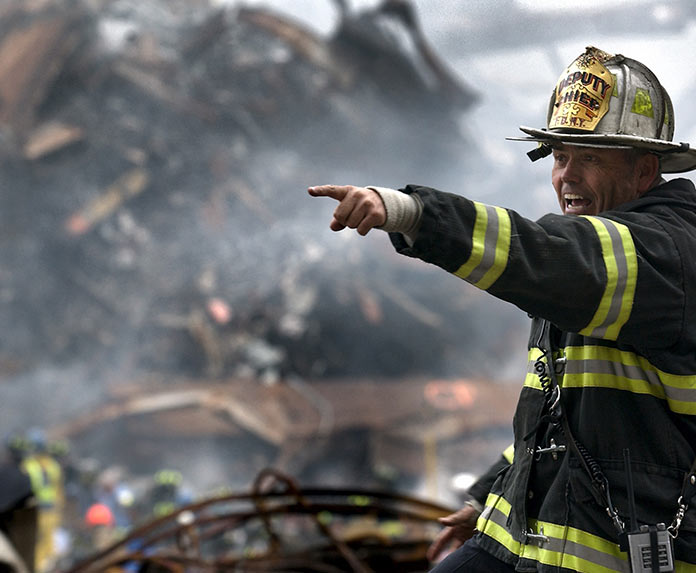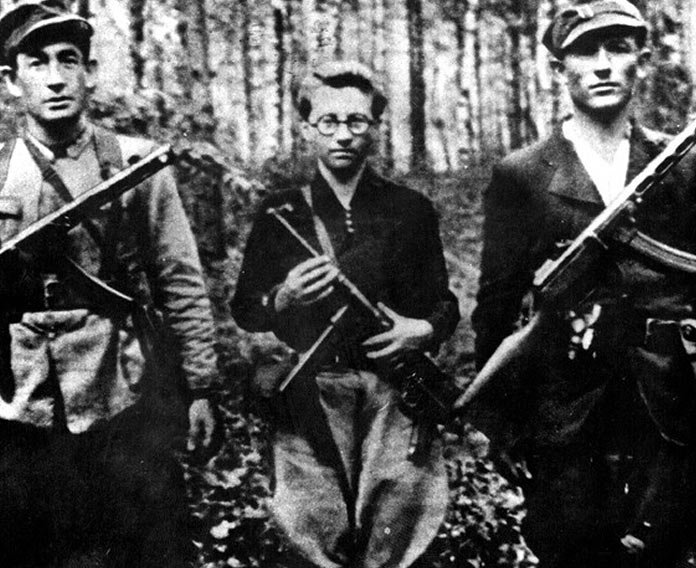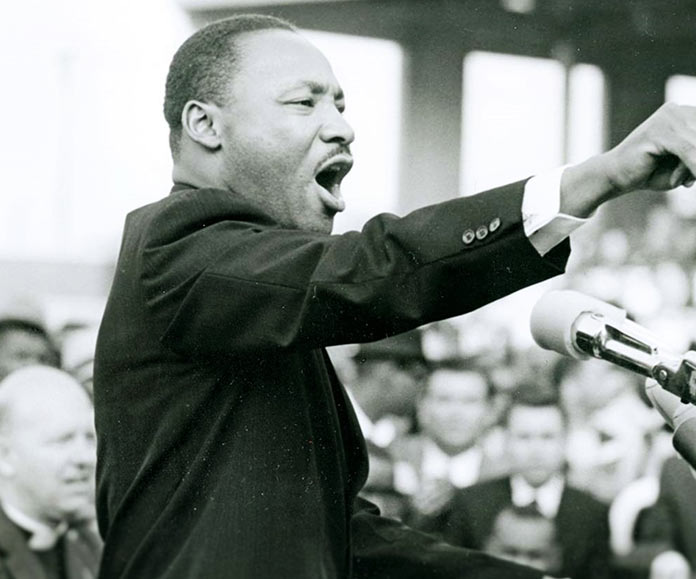Choosing Leadership
a Webquest for Grades 10-12
“Whoever helps the partisans is a fighter. Someone who peels potatoes for the partisans is a fighter; whoever washes clothes is a fighter.”
—Vitka Kempner, Jewish partisan

How do you define “leadership?”

There are numerous definitions for this word, many of which make being a leader feel unattainable, requiring years of formal education or situational experience. However, leadership is a set of activities in which anyone can participate. You don’t have to be elected to office, the captain of a team, or manage a business to be a leader. A real leader is defined by their actions, not by their title or position.
People often see leaders as those in positions of authority: the principal of a school, the president of a student council, the CEO of a company, and the prime minister of a country are all examples of persons perceived as leaders. This perception shirks the responsibility to lead, relegating it to those in positions of authority by default, often leaving those who are not “in charge” indifferent: “I’m not in charge, so there’s nothing I can do. I can’t change anything.”


But leadership and authority are different concepts. In fact, they often stand in stark contrast to one another. Leadership involves identifying and addressing the challenges facing a group and taking action. It is a set of activities that can be performed by any member of a group, whether or not one has formal authority. In any given group at any given time, a number of individuals can be exerting leadership.
In contrast, authority is a position held by an individual. When individuals come together to form groups, they often look towards one figure to stand at the helm, to provide directions, and to ensure group order.
It is important to note that just because leadership and authority are different concepts, it does not mean that all people in positions of authority are bad leaders. To the contrary, many people in positions of authority are very good leaders.

In this webquest you will develop your own leadership identity. You will choose a leadership style from four primary styles on a “leadership compass” to analyze your own leadership strengths and areas for growth. You will see how a teenage partisan during World War II used that same leadership style to do enormous good for others in the face of unthinkable circumstances. And though you do not face challenges anything like those the partisans faced, you have the ability to positively impact the world simply by exerting positive leadership.
What type of leader will you choose to be?